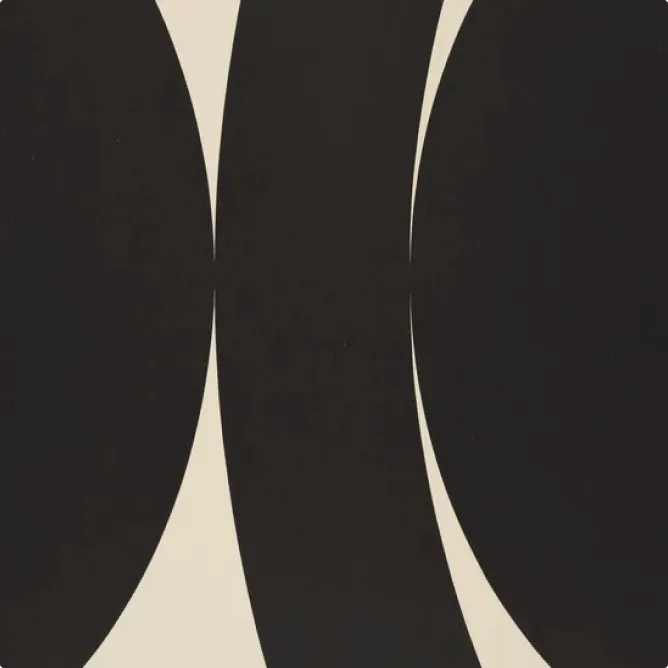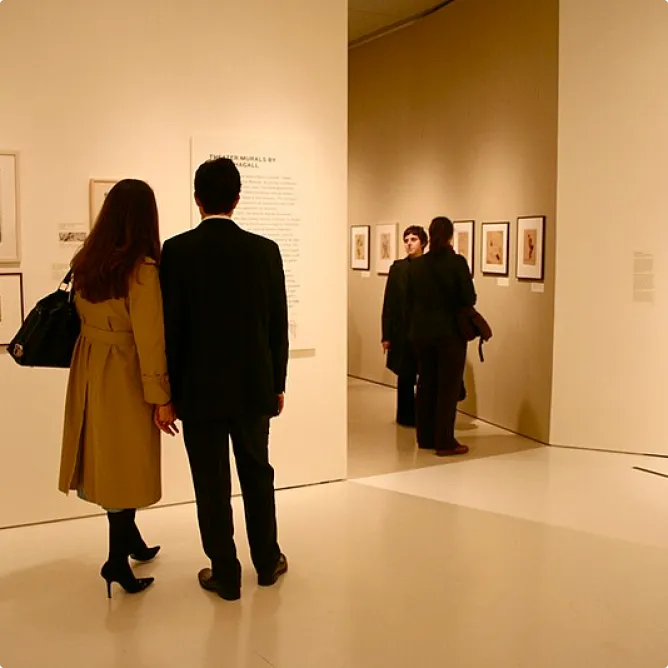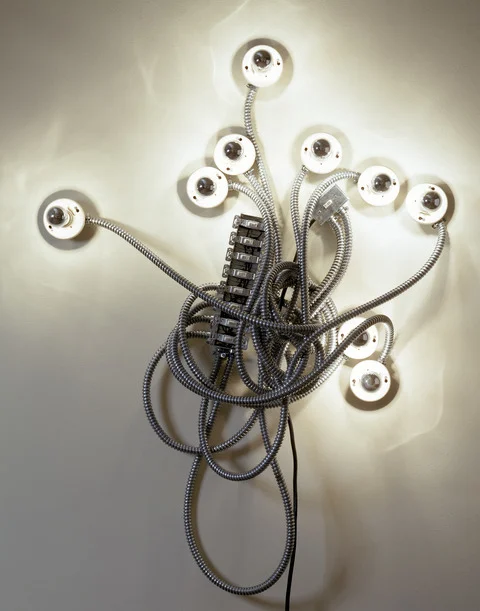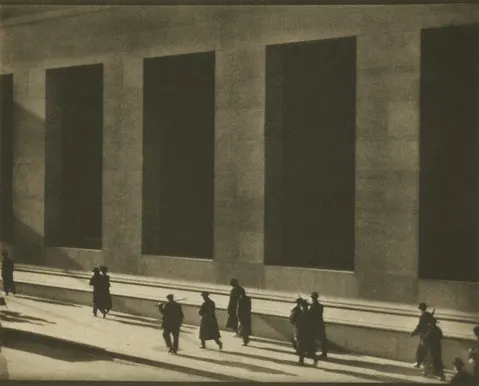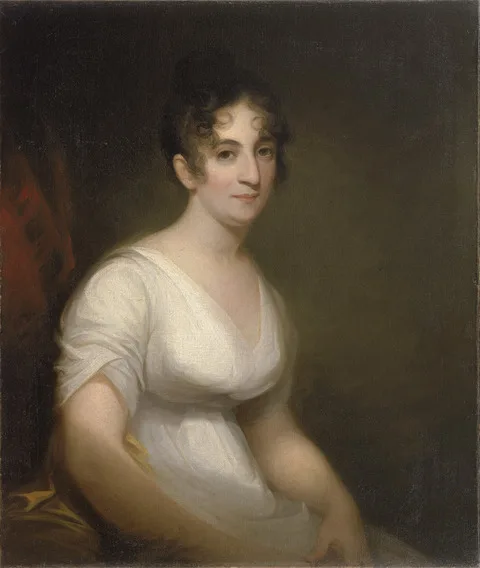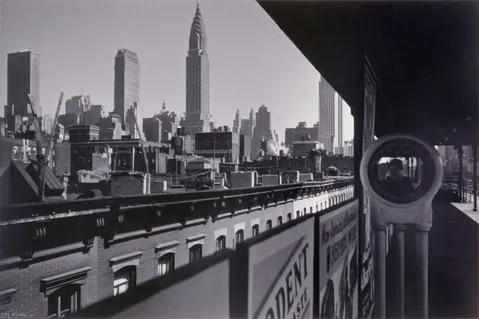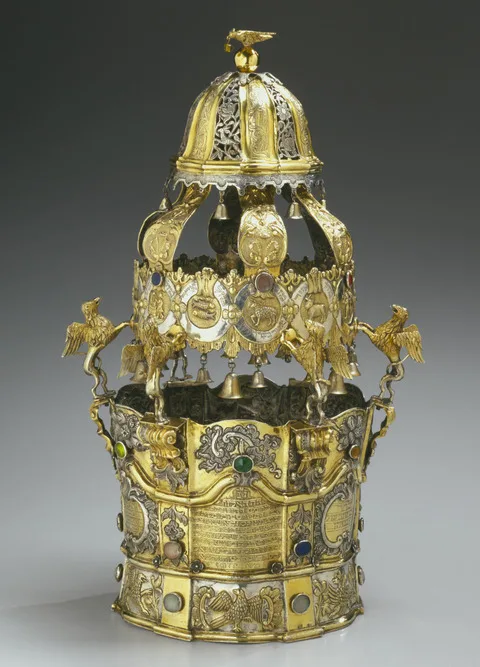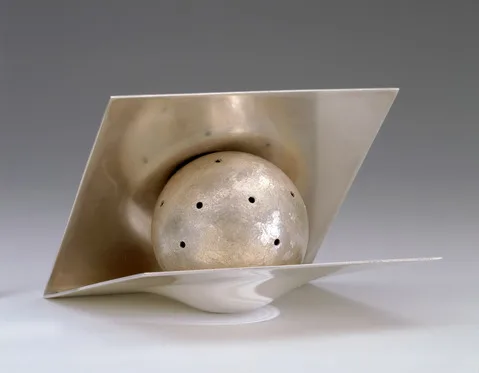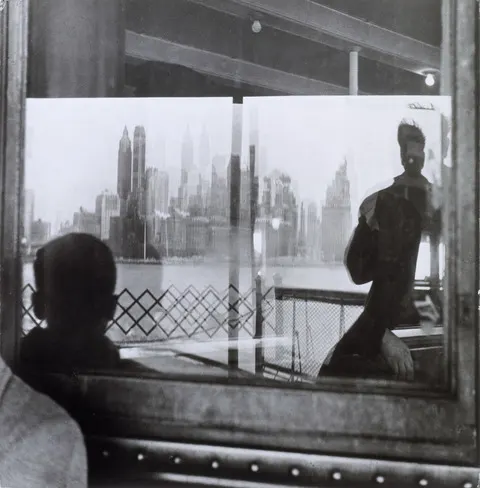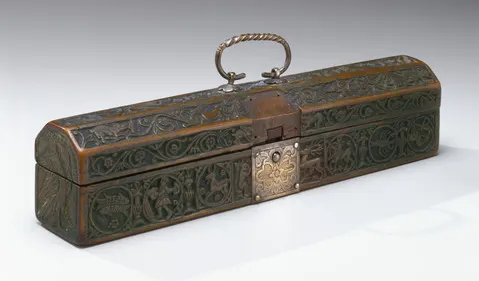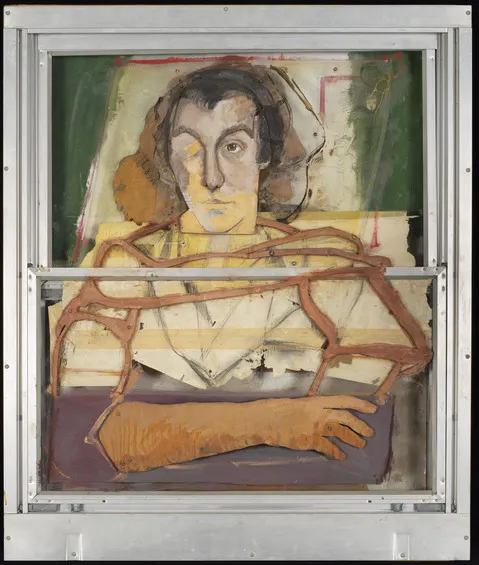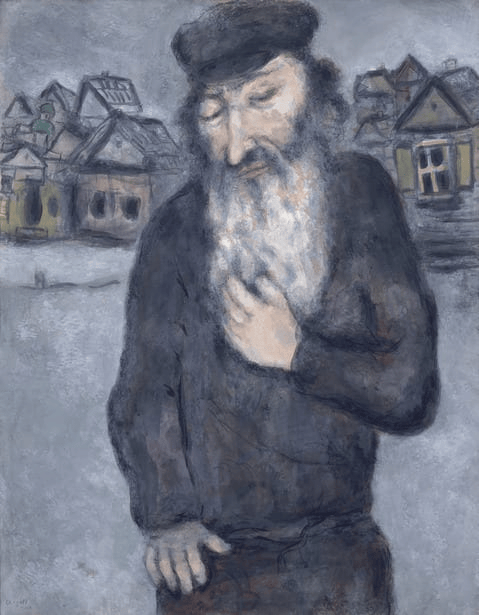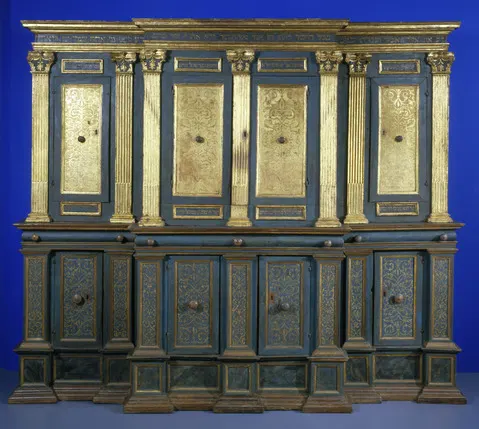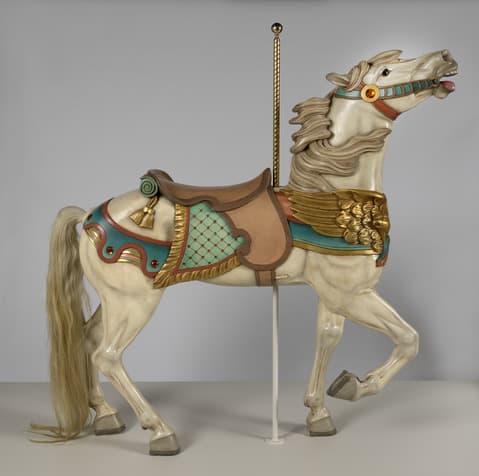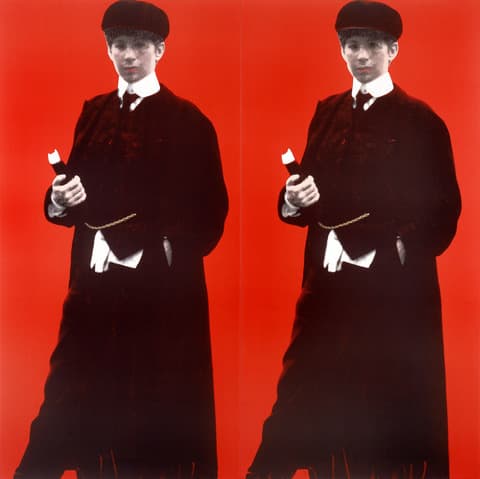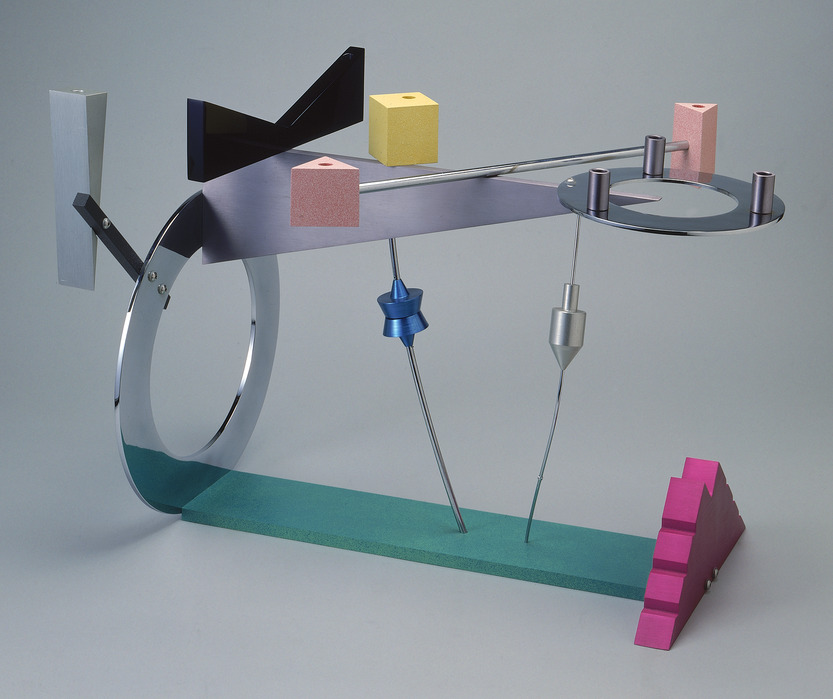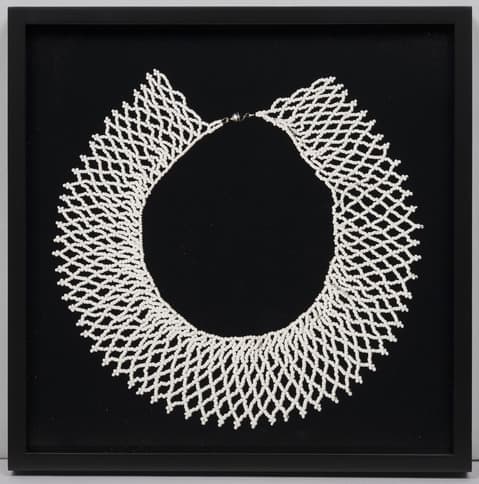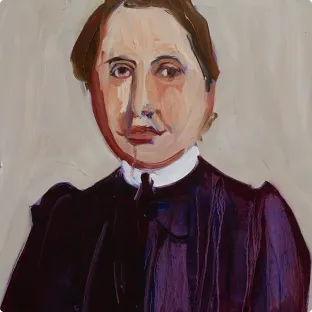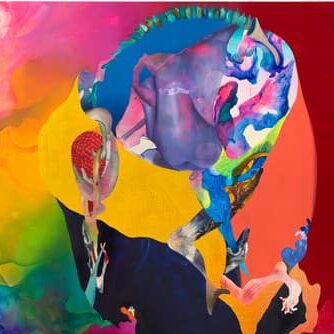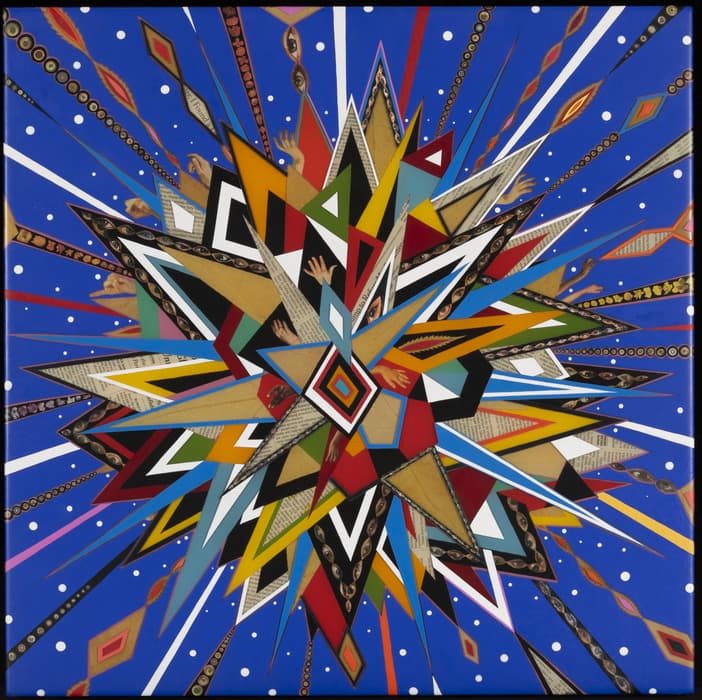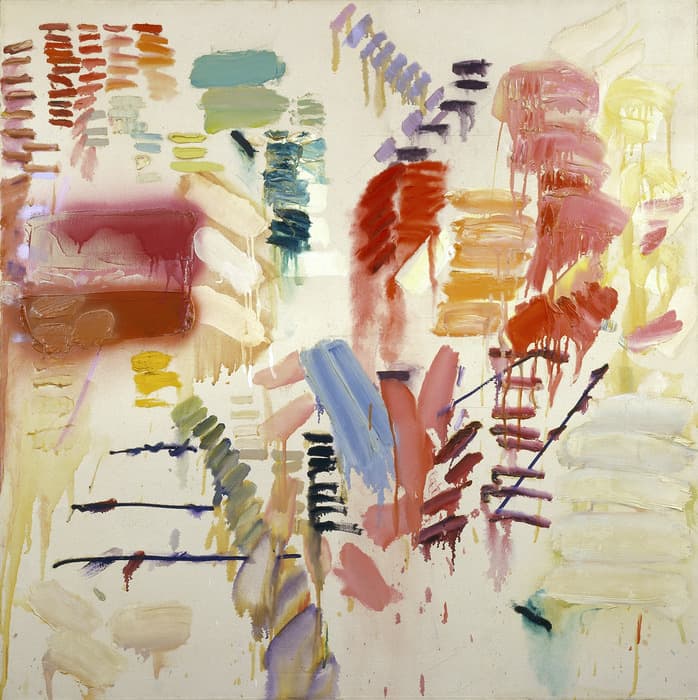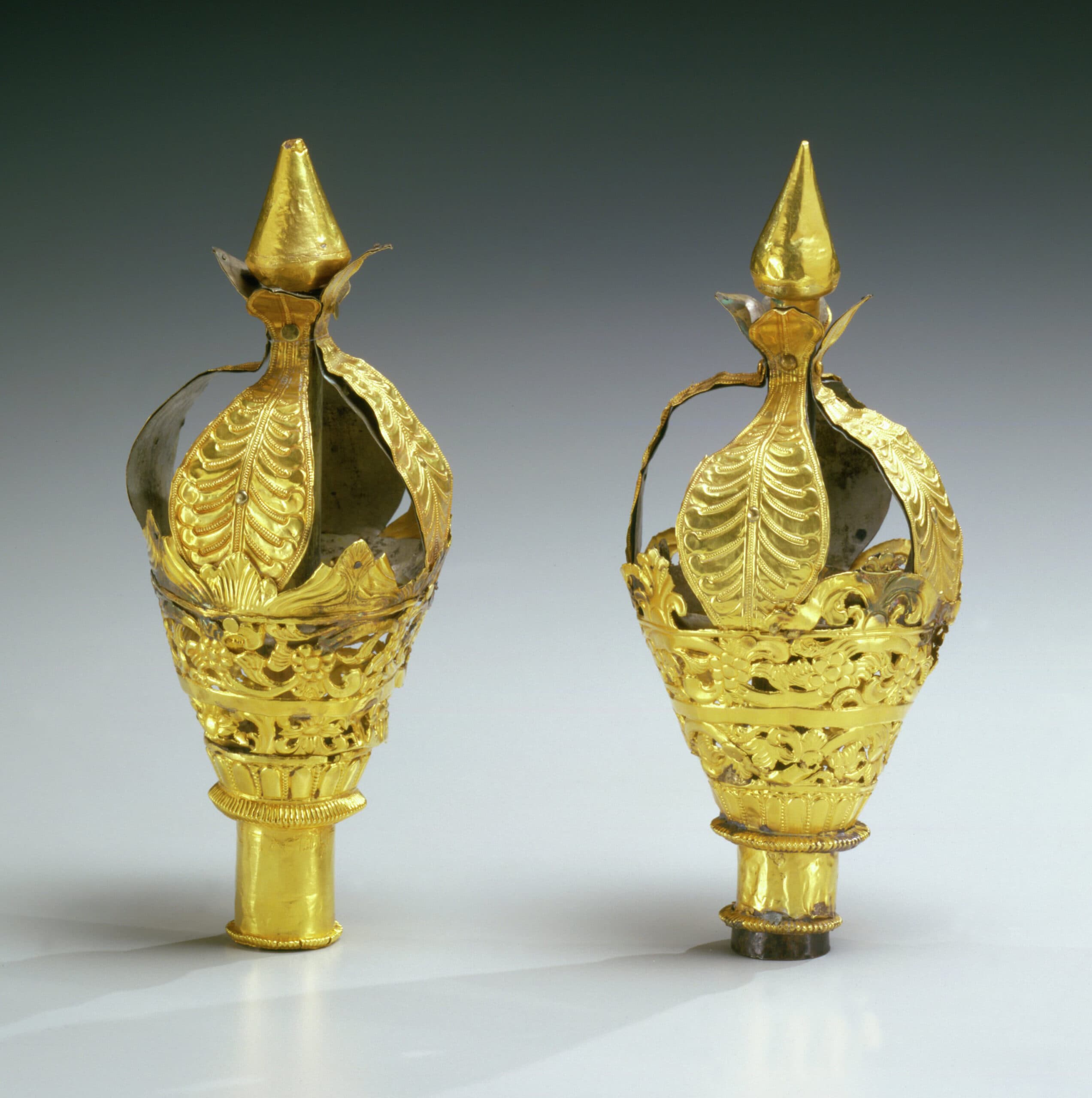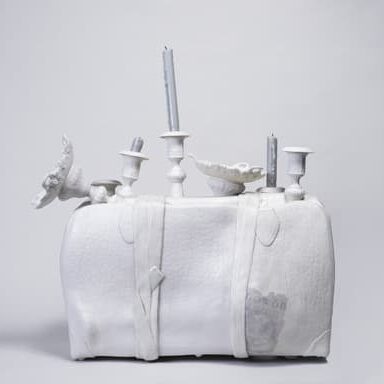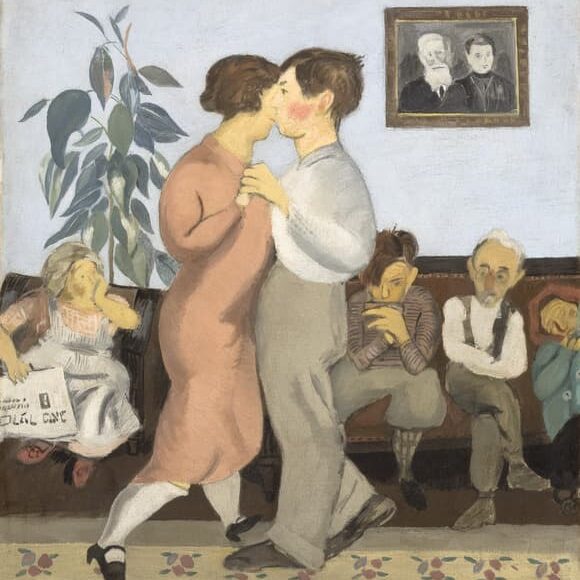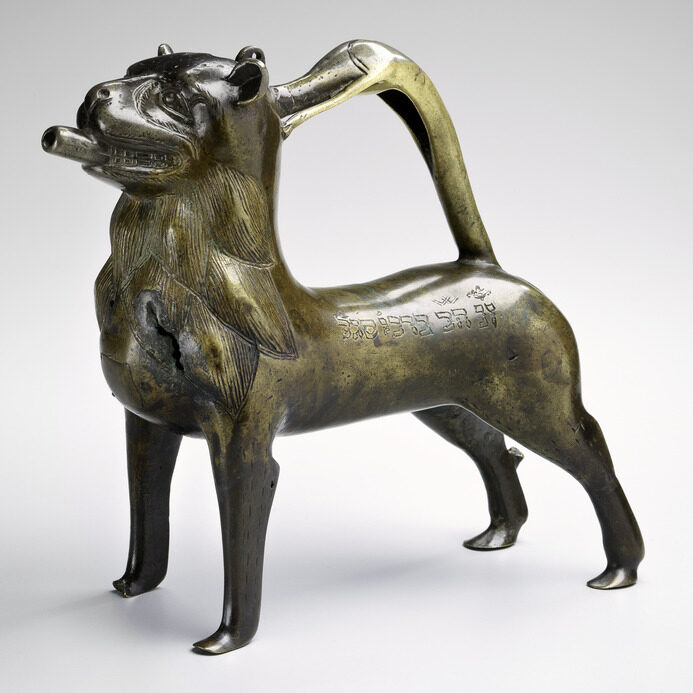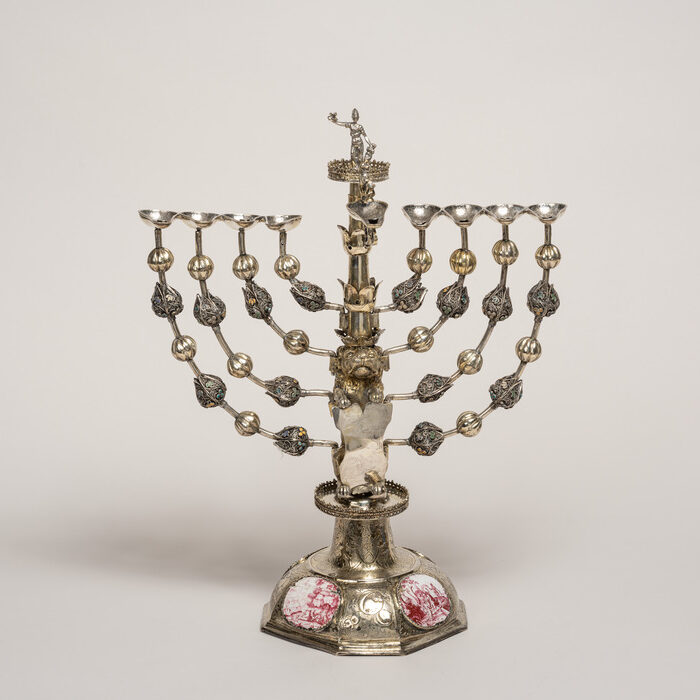About
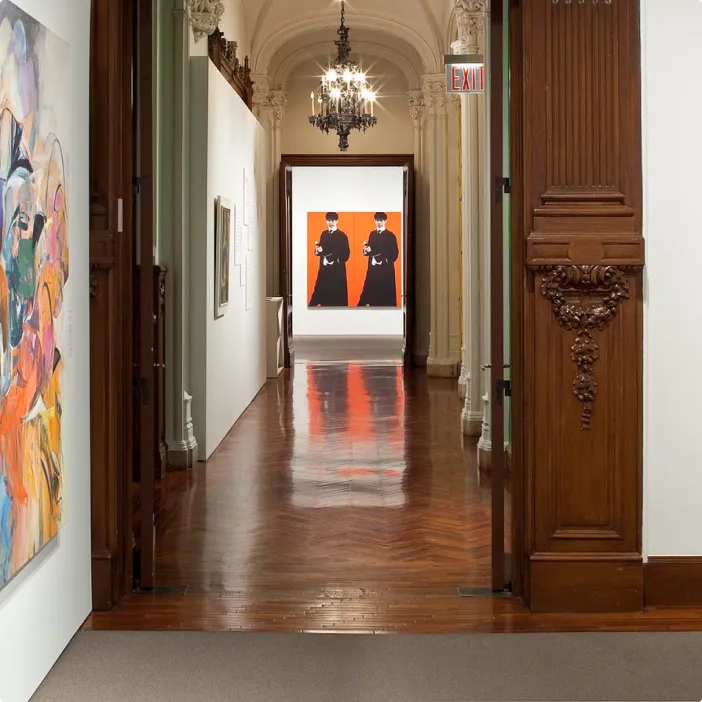
Installation view of the exhibition Shifting the Gaze: Painting and Feminism at the Jewish Museum, 2010
The Jewish Museum is an art museum committed to illuminating the complexity and vibrancy of Jewish culture for a global audience. Through distinctive exhibitions and programs that present the work of diverse artists and thinkers, we share ideas, provoke dialogue, and promote understanding.
The Jewish Museum was the first institution of its kind in the United States and is one of the oldest Jewish museums in the world. The Museum maintains a unique collection of nearly 30,000 works of art, ceremonial objects, and media reflecting the global Jewish experience over more than 4,000 years. Located on New York City's Museum Mile, in the landmarked Warburg mansion, the Jewish Museum is a welcoming home to an ever-changing and dynamic range of opportunities for exploring multiple facets of the global Jewish experience.
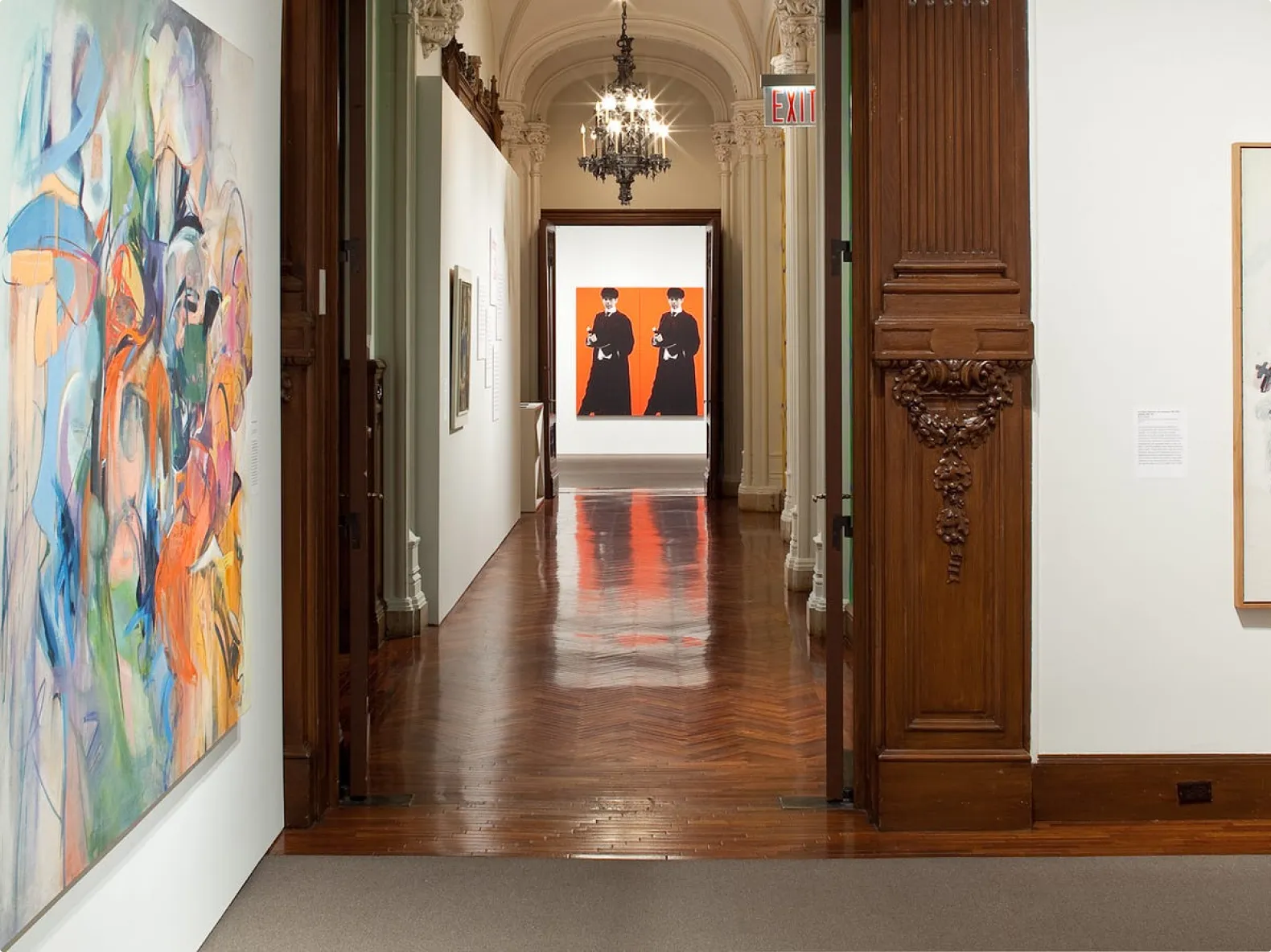
Installation view of the exhibition Shifting the Gaze: Painting and Feminism at the Jewish Museum, 2010
Collection
Leadership
-
- Shari Aronson, Chairman
- Sander Levy, Co-President
- Jane Wilf, Co-President
- Malcolm Levine, Vice Chair
- Harriet Schleifer, Vice Chair
- Nomi P. Ghez, Treasurer
- Jonathan Crystal, Assistant Treasurer
- Gail Alexander Binderman, Secretary
- James S. Snyder, Helen Goldsmith Menschel Director, ex officio
- Marc Abramowitz
- Cassie Arison
- Debra Edelman
- Randall Eisenberg
- David Israel
- Virginia Kamsky
- Carol Schapiro Kekst
- Jonathan Krane
- Jeanette Lerman
- Betty Levin
- Andrew E. Lewin
- Phyllis Mack
- Aaron Malinsky
- Mahnaz Moinian
- Joshua Nash*
- Steve Novenstein
- Robert A. Pruzan*
- David L. Resnick
- Paul Salama-Caro
- David Sambur
- Stephen M. Scherr**
- John M. Shapiro
- Amy Rose Silverman
- James Stern
- Audrey Wilf
- Benjamin Winter
- Marshall Urist
- Barry J. Alperin**
- E. Robert Goodkind*
- Robert J. Hurst*
- Dr. Henry Kaufman
- Francine Klagsbrun
- Ellen Liman
- Susan Lytle Lipton*
- Leni May*
- Morris W. Offit*
- Amy Rubenstein
- H. Axel Schupf*
- John L. Vogelstein**
- Randy Michaels
- Claudia Gould
- Joan Rosenbaum
Officers
Members
Life Members
Advisors
Directors Emeriti
*Chairman Emeriti
**President Emeriti
Careers
The Jewish Museum is committed to fostering an inclusive and welcoming environment, and extends this commitment to all individuals including visitors, members, partners, and the institution’s workforce. The Museum cultivates a positive and collaborative workplace culture, where individual contributions are recognized as integral to the institution’s broader mission and ongoing success.
-
Operations
Security Guard
The Museum’s Security Guards play a vital role in maintaining the security and safety of the Museum premises, assets, visitors, and staff, while also serving as ambassadors with the Museum’s visitors and guests.
-
Development
Director of Individual Giving & Major Gifts
The Jewish Museum seeks a dynamic, strategic, and highly motivated Director of Individual Giving & Major Gifts to lead a transformational individual fundraising effort during one of the most exciting and pivotal moments in the Museum’s history.
-
Curatorial Affairs
Director of Curatorial Administration
The Jewish Museum seeks a highly experienced museum professional, strategic thinker, and diplomatic professional to oversee major administration functions of the curatorial department with enhanced focus on implementing strategies for a sustainable program of traveling exhibitions, borrowed shows, and institutional partnerships.
-
Finance
Controller
The Controller is a key role in the Museum’s financial leadership team, supporting the overall financial health and integrity of the institution. Reporting to and in partnership with the Chief Financial and Operating Officer, this position will play a critical role in stabilizing and rebuilding the museum's financial infrastructure to meet the demands of the current operating vision.
-
Public Engagement & Partnerships
Associate Manager, Communications & Outreach
The Associate Manager, Communications & Outreach, will play a key part in shaping the Museum's public voice, increasing awareness, and building meaningful relationships with media, audiences, and community partners. The successful candidate will craft and implement impactful communications strategies that support the Museum's exhibitions, programs, and initiatives while fostering a deeper connection between the Museum and its audiences.
Digital Marketing and Advertising Coordinator
The Digital Marketing & Advertising Coordinator supports the Jewish Museum’s public engagement goals through participation in the Museum’s digital and print marketing, advertising, and web initiatives. The Coordinator is a member of the Public Engagement and Partnerships Department, which develops and executes integrated promotional strategies across all channels to raise the profile of the Museum, increase onsite visitation and engagement, and support audience development goals for all aspects of the Museum’s operations.
Visitor Experience Assistant
Visitor Experience Assistants provide visitors with a positive and welcoming experience at the Jewish Museum through courteous, proactive, and efficient sales and customer service. Visitor Experience Assistants are responsible for fulfilling an array of job functions in a friendly manner, including selling admission and program tickets, selling memberships and serving member needs, providing visitor information and wayfinding assistance, administering and orienting visitors to the Museum’s mobile tours, and more.
-
Internships
Teen Internships
In this year-long program, students entering grades 9 through 12 work with Museum educators to facilitate programs for families and other audiences, assist with special projects, and explore art and culture through the Museum’s collections. After participating in a training program in the spring of 2026, interns will begin working at the Museum during the 2026-27 school year. Interns will receive a stipend for their participation. All materials must be submitted by the deadline: March 23, 2026. Applications will be reviewed by a committee and only those invited for an interview will be contacted. Please call 212.423.3254 or email [email protected] with any questions.
Space Rentals
Host your special event at the Jewish Museum, housed in the landmarked Warburg Mansion on Museum Mile. Select from a range of elegant rental spaces accommodating groups from 60 - 200 guests. All event fees support the Jewish Museum.
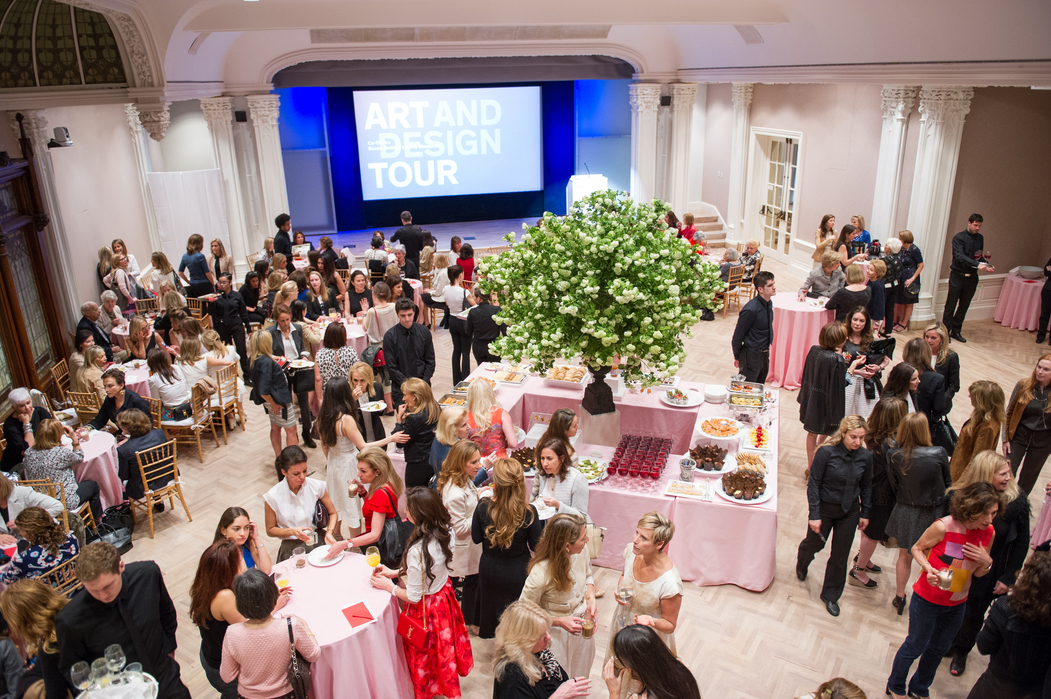
Contact
-
General Information, Ticketing, and Tours:
212.423.3200 ext. 0
-
Press:
-
School Programs:
212.423.3270
-
Giving Opportunities:
-
Membership:
-
Image & Research Requests:

FAQs
-
Can the Jewish Museum appraise artwork and artifacts?
The Museum and its staff are unable to authenticate or perform appraisals of works of art or artifacts for the public. We suggest that you consult a reputable art dealer, appraiser, or auction house. You may also wish to contact the Appraisers Association of America to get more information on certain types of appraisals.
-
Does the Jewish Museum ever donate admission passes for organizations holding fundraisers?
A request for donations of admission passes may be submitted by email to Visitor Experience at [email protected]. Be sure to include the name of the organization and the date of your fundraiser.
-
I own an object or artwork that I would like to donate to the Jewish Museum. What should I do?
The Jewish Museum’s collection has benefitted from the generosity of numerous donors over the years. The Museum collects Judaica (Jewish ceremonial objects), work by Jewish artists, and art that relates to Jewish subjects, themes, or experiences. (The Museum does not collect historical documents, artifacts from the Holocaust, or Jewish books or manuscripts).
If you are interested in offering an object or artwork to the Jewish Museum, and you believe the work is appropriate for our institution, please send the following information to [email protected] and include “Donation Inquiry” in the subject line:
- Cover letter stating your intentions for donation
- Your contact information
- Artist’s name (or country of origin for Judaica/anonymous artworks), title, date, medium, dimensions for each object / artwork
- High resolution image(s) of each object / artwork
- Provenance (ownership history), including when and how the object(s) / artwork(s) came into your possession
Please note that only email submissions will be reviewed, and that email attachments must not exceed 20 MB total. Potential donations cannot be brought to the Museum or left in our custody, and we cannot review objects or artworks in person. Due to the volume of offers we receive, we are not be able to respond directly to every submission. If your proposal is of interest, a member of the curatorial department will contact you.
-
I am an artist (or artist representative) and would like a curator to see my work. What should I do?
If you would like to introduce the Museum to your work, or the work of an artist you represent, please send the following materials to [email protected] and include “Artist Submission” in the subject line:
- Cover letter with your contact information
- Artist CV or resume
- Artist’s and/or representative’s statement about the work
- PDF portfolio of images with title, date, medium, and dimensions for each artwork (20 works maximum)
- Critical reviews and/or scholarly essays on the work if available
Please note that only email submissions will be reviewed, and that email attachments must not exceed 20 MB total. Original artworks cannot be brought to the Museum or left in our custody, and we cannot review materials or portfolios in person. The Jewish Museum values the work of artists from around the globe, but the volume of submissions often outnumbers staff capacity to review and respond to each individually. For that reason, the Museum treats the review process as informational only. Critiques or comments are not offered on submissions. A member of the curatorial department will get back to artists or their representatives if the work is of interest.
-
How do I submit a film for consideration for the New York Jewish Film Festival?
Please complete and submit the NYJFF Film Submission Form.
-
I am a curator and would like to submit a proposal for an exhibition at the Jewish Museum. What should I do?
If you are a curator interested in proposing an exhibition for the Jewish Museum, please send the following materials to [email protected] and include “Exhibition Proposal” in the subject line:
- Cover letter with curator’s contact information
- Curator’s CV or resume
- A concise proposal detailing the thesis of your exhibition
- An illustrated checklist with identifying information for each work (artist, title, date, medium, dimensions, collection)
- Brief biographies of all artists
- A maximum of ten supplemental images
Please note that only email submissions will be reviewed, and that email attachments must not exceed 20 MB total. Due to the volume of proposals we receive, we are not able to respond directly to every submission. If your proposal is of interest, a member of the curatorial department will contact you.
-
I am conducting research on your past exhibitions and would like to learn more about your archives. What should I do?
Due to limited staff availability, we are only able to accommodate a limited number of research and archival requests at this time. Please email your research inquiries to [email protected]. Requests will be reviewed quarterly. If your research request is approved, a member of the curatorial department will contact you.
